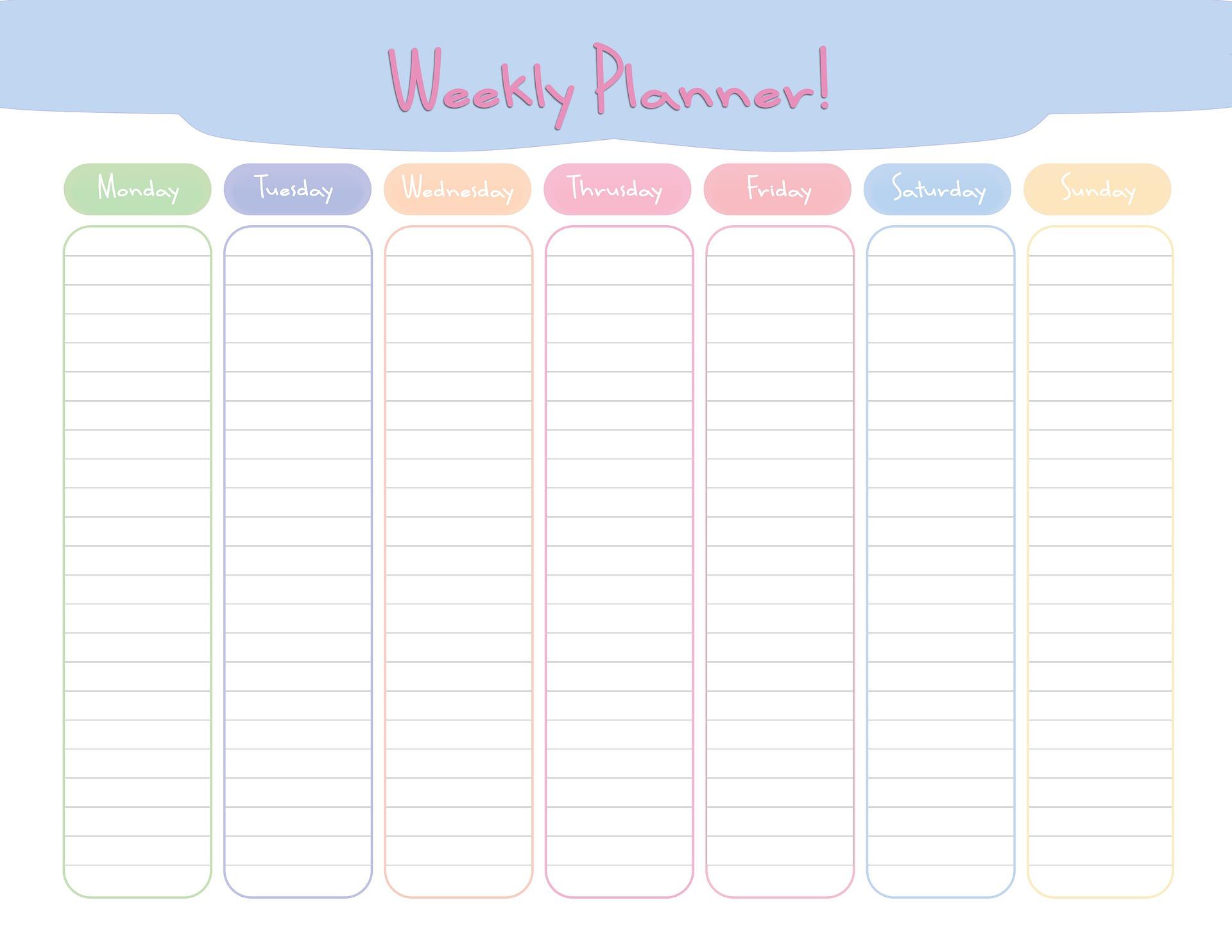By the end of the 2 years of studying for the Leaving Cert English Exams, I had 3 ring binders full of notes. It was an overwhelming amount to sort through when it came to revision so I sought out ways to simplify my notes, to take only what I needed, into my final months and weeks of preparation.
That's what this article is for, it's filled with the different note-minimising systems I came across while preparing for my Leaving Cert. Some I continue to use to this day, they helped me through college note-taking and exams and I even use them when deciding what's important enough to share in these blogs.


Revision Timetables
It's a good idea to create a revision timetable to help you make the most of your time and to ensure you've scheduled time for rest.
A solid revision timetable allows you to cover everything you need to and in good time for the exam. It will also allow you to break the topics down into manageable chunks which means you won't spend too long on any one subject or topic.
Spending too long on a specific area is the opposite of helpful, if it's an area you struggle with, it's just going to frustrate you and make you feel stuck and frustrated when other topics and subjects also need attention. Likewise, if it's something you excel at you might be tempted to stay longer at it there for neglecting areas that actually need more attention.
A revision timetable stops this from happening.

How To Create A Revision Timetable
- Buy a Diary or Create a Spread Sheet
- First, fill in your regular school timetable as well as your exam timetable. Enter your other regular commitments such as social events, sports, and work.
- Calculate how much time you have available and divide the time among your subjects.
- From there on we recommend to do is to break up your day into half an hour at a time. It’s better to go for half an hour instead of hourly sessions because it will make you feel like you’ve done more. Another useful tip is to Colour code your template. If you give each subject a different Colour, then you can see at a glance what you’re doing and keeps the overview nice and clear.
- Allocate time for breaks, dinner, and unexpected events. About every 90 minutes take 30 off, this is important. You need to look after your nutrition, and hydration as well as your physical and mental health. So even if you just use this time to text some friends and grab a snack and cup of tea or listen to some music and go for a run, make sure you take the break.
Keywords and Bullet Journals
When it comes to Leaving Cert English specifically, these two types of note organisation worked best for me.
What are Keywords in English Leaving Cert Revision?
Usually, outside of revision, a keyword is a word or phrase that is associated with a particular document or that describes the contents of a particular document, for example, in internet searches. A good example is if you were looking to buy a new jacket, you might type something like a “leather jacket” into Google. Even though that phrase consists of more than one word, it's still a keyword.
However, when creating notes from your already existing bulk for exams, Keywords are more like triggers. You are going to read through the masses of notes you took and write a summary of each page in less than 3 sentences.
You are going to include any specific language (keywords) that triggers your memory of the book, play or poem. By doing this you no longer need the entire bulk.

Why try a bullet journal for revision?
A bullet journal or 'BuJo' is a creative system for you to consolidate all the things you want to be able to remember in a single notebook.
It’s the perfect way to create a revision tool that is perfectly customised to you, your tasks and your goals. It might seem like you’ll be wasting time drawing things out, but you will be designing exactly what you need - making you much more productive and organised.
Important things to include in your BuJo:
- Weekly spreads are key because it gives you the week at a glance and helps you plan homework and social appointments.
- Gratitude Tracker, this can be part of your weekly spread. Mindfulness is a good practice as it usually helps with anxiety and stress.
- Revision trackers... It helps you understand which topics you are weak at and the last time you revised that topic and helps plan your study sessions accordingly.
- Quotes. I loved my quotes section. I had about ten pages at the back of my journal for quotes from my studied texts in English, I remember most of them 10 years on.

3 Tips When Revising for Leaving Cert English
- Read, and then read some more: There is no substitute for having a good understanding and use of written English. Reading the Irish Times, fiction novels and short stories will all improve your standard of English. If you find reading boring buy a book of Roald Dahl’s short stories for adults and read one a night, they are accessible to a person unused to reading but brilliantly written.
- Create your own dictionary: Write down words you don’t know when you come across them in your reading, learn them and then use them in everyday scenarios. Don’t use words you aren’t sure of in exams. Think of it this way, if you want to use fancy language, you better know how to use it correctly, simplicity can get you full marks, but inaccurate use of language can’t.
- Make the most of the Web: I particularly like this website Enda's English Notes. It has everything from speech to essays and exam questions in between. The notes come in the style of sample answers or videos depending on what you're looking for.
Summarise with AI:















